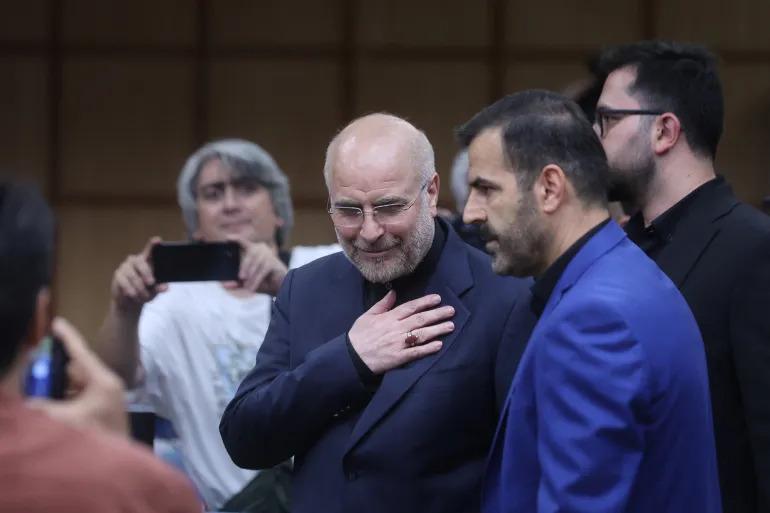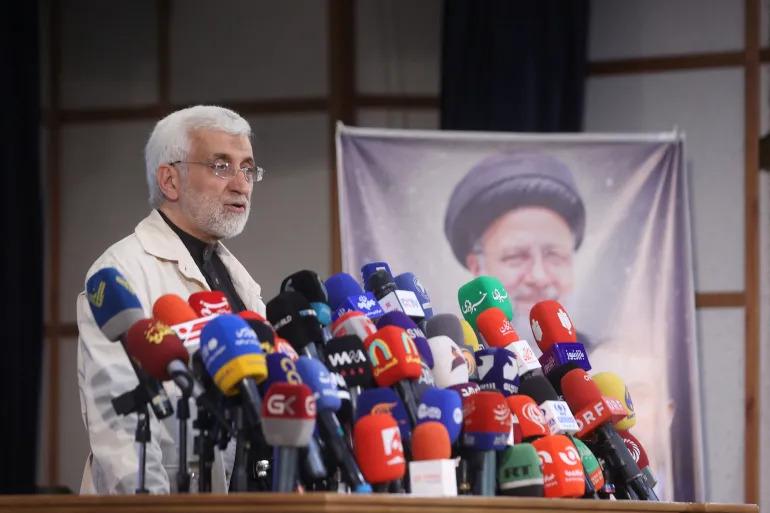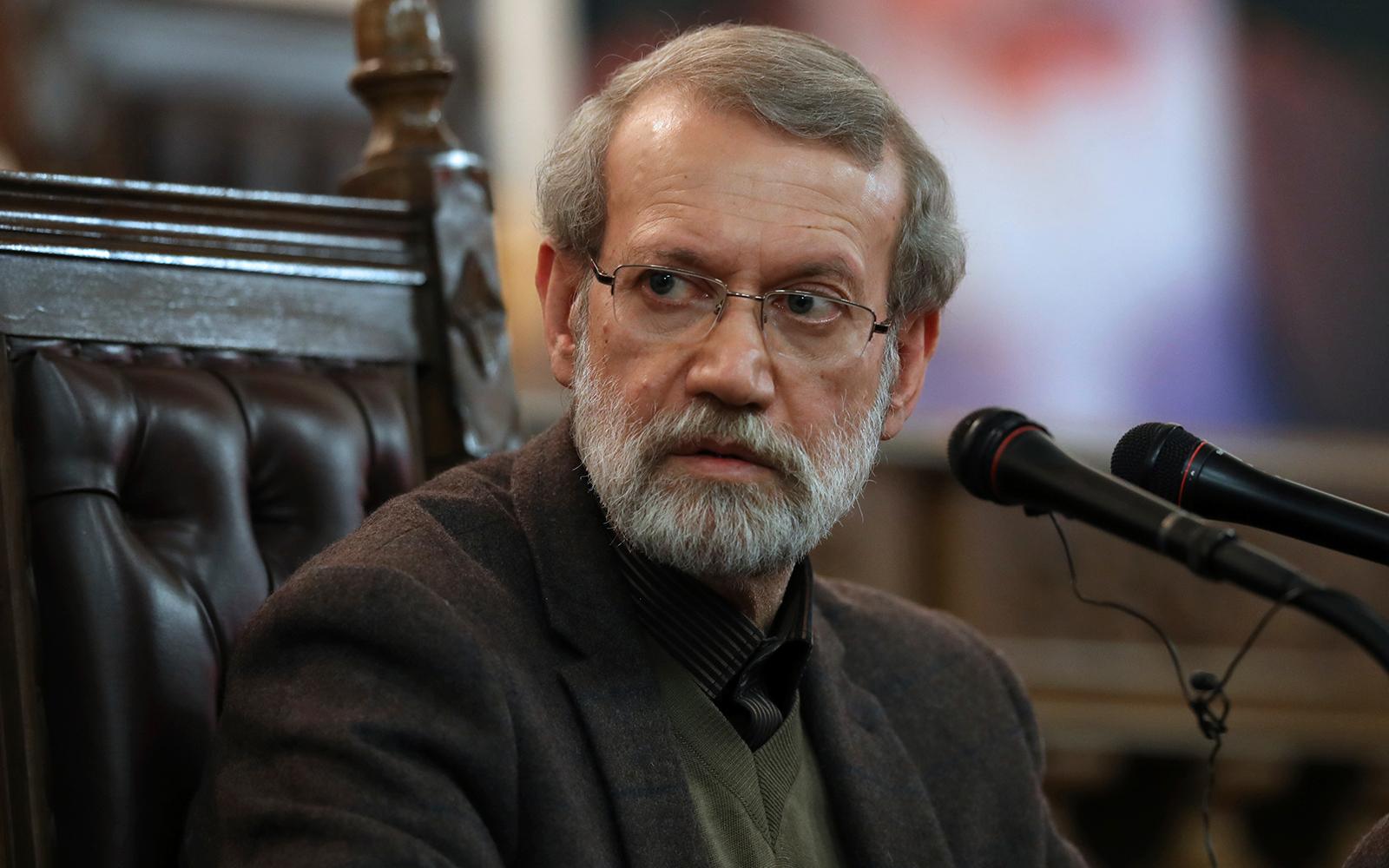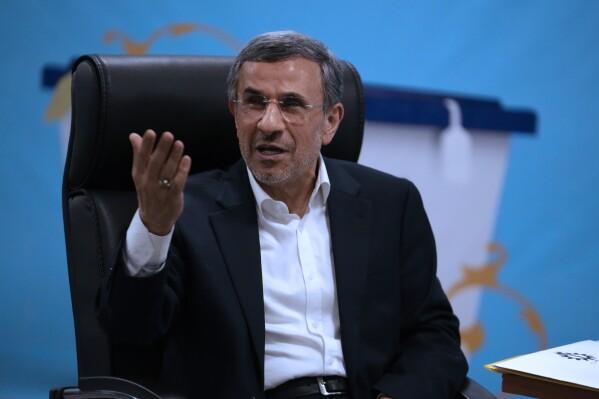Iran's extraordinary presidential race amid economic woes & political turmoil Guardian Council approves final candidates
In the wake of President Ebrahim Raisi's tragic death in a helicopter crash, Iran is heading to extraordinary presidential elections. The Interior Ministry has announced the final list of six candidates approved by the Guardian Council, a decision that comes at a critical juncture for the nation.
Candidates and political landscape
On June 9, the Guardian Council, tasked with vetting election candidates per Iran's constitution, announced its approval of six candidates out of a pool of 80 hopefuls, including four women.
The approved candidates include:
Mohammad Baqer Qalibaf - current Parliament Speaker
Saeed Jalili - former secretary of the Supreme National Security Council
Alireza Zakani - current Tehran mayor
Amirhossein Qazizadeh Hashemi - current Vice-President and Head of Martyrs and Veterans Foundation
Mostafa Pourmohammadi - former justice minister
Masoud Pezeshkian - Iranian reformist politician currently representing Tabriz, Osku, and Azarshahr electoral district in the parliament of Iran, and also served as its First Deputy Speaker from May 29, 2016, to May 26, 2020.

Election context & challenges
This election occurs against a backdrop of significant internal and external challenges. Iran has been grappling with widespread protests fueled by economic hardship, exacerbated by international sanctions. The sanctions, primarily imposed by the United States, have crippled the economy, leading to high inflation, unemployment, and a decline in living standards. These economic woes have sparked protests demanding better governance and economic reforms.
Iran's human rights record is another critical issue. The government has been accused of severe repression against ethnic minorities, such as Kurds, Arabs, Turks, Balochs, and others, who demand greater autonomy and rights within the country. These groups have faced systemic discrimination, and their activists are often subject to harsh crackdowns by the state. The international community has repeatedly criticized Iran for its lack of political freedoms and human rights abuses.
The sudden death of President Raisi has added a layer of uncertainty to an already volatile political environment. First Vice President Mohammad Mokhber has stepped in as acting president, but the power vacuum has intensified the political maneuvering within the country. Raisi was a controversial figure known for his hard-line stance, and his death has led to speculation about potential shifts in Iran's domestic and foreign policies.

As Iran prepares for the elections on June 28, the campaign period will be crucial for candidates to outline their visions for the future. The new administration, the 14th since the 1979 Islamic Revolution, will face the daunting task of addressing the nation's economic struggles, human rights issues, and international relations.
The election's outcome will determine whether Iran continues on its current path or takes a different direction. Regardless of who wins, the new president will need to address the widespread discontent and work towards stabilizing the country amidst internal and external pressures. The international community's response to the new leadership will also play a critical role in shaping Iran's future.
Disqualification from Iran's presidential elections
Ali Larijani, a significant figure in Iranian politics, has encountered another setback in his bid to contest the presidential elections. On June 9, the Guardian Council (GC), Iran's election vetting body, announced the list of approved candidates for the upcoming presidential elections, omitting Larijani and several other notable current and former officials, including Mahmoud Ahmadinejad. This rejection continues a pattern for Larijani, who was similarly barred from the 2021 elections despite an intervention from Supreme Leader Ali Khamenei.

In the wake of his disqualification, Larijani, 66, expressed his discontent in a post on X, criticizing the Guardian Council for operating through a "non-transparent mechanism". He emphasized that previous allegations against him had been dismissed by the judiciary and that other official bodies had supported his candidacy. Addressing his supporters, Larijani lamented, "I was hoping to pave the way for Iran's national development with your company... but the respected Guardian Council hindered this path."
Larijani's political career has seen a significant shift over the past decade. Initially a conservative politician, he has moved towards a centrist position, aligning more closely with moderates during Hassan Rouhani's presidency (2013-2021). This transition has placed him at odds with Iran's hard-line factions, complicating his political aspirations. His exclusion from the 2021 elections, attributed speculatively to his daughter's British-Iranian dual nationality, highlights the political intricacies and factionalism within Iran's electoral process.
The disqualification of Larijani and other prominent figures has sparked criticism and controversy. Ali Motahari, a former MP and Larijani's brother-in-law criticized the GC's decision, questioning whether it is the council's role to decide a candidate's potential political trajectory, particularly in continuing Rouhani's path. Abbas Akhoundi, a former minister under Rouhani, described Larijani's exclusion as an "injustice" and called for a meeting with the Council to present his case. Similarly, Eshaq Jahangiri, another prominent moderate who was also banned, demanded clarity and justification for his disqualification.

The upcoming presidential elections, scheduled for June 28, follow the unexpected death of President Ebrahim Raisi in a helicopter crash on May 19. This sudden development has intensified the political landscape in Iran, with the Guardian Council's decisions reflecting broader tensions and power struggles within the Iranian political system.
The exclusion of key moderate and centrist figures like Larijani and Jahangiri may indicate a strategic move by hard-line elements to consolidate power and influence the direction of the country's political future.
Ali Larijani's disqualification from the upcoming presidential elections underscores the complexities and contentious nature of Iran's political environment. The Guardian Council's opaque decision-making process and the exclusion of prominent moderate figures raise critical questions about political representation and the future trajectory of Iran's governance. As the election approaches, these developments will undoubtedly shape the political discourse and the broader dynamics of power within the country.
International implications
The outcome of this election is likely to have significant international implications. The new president will inherit the challenging task of navigating Iran's foreign relations, particularly with the West. The nuclear deal remains a contentious issue, and the international community will be closely watching how the new administration approaches it. A hardliner victory could further strain relations, while a more moderate president might seek to engage in diplomatic negotiations.








